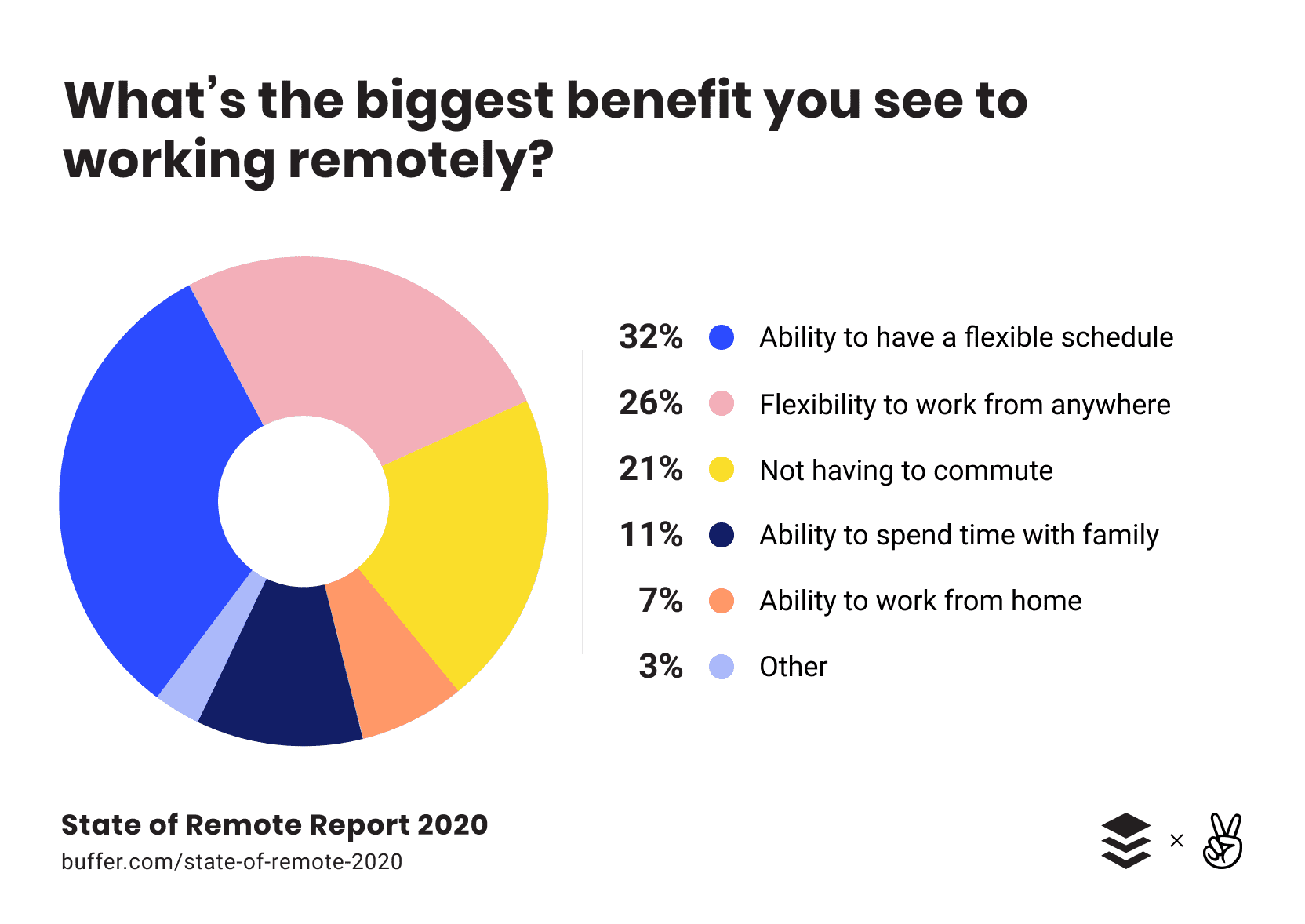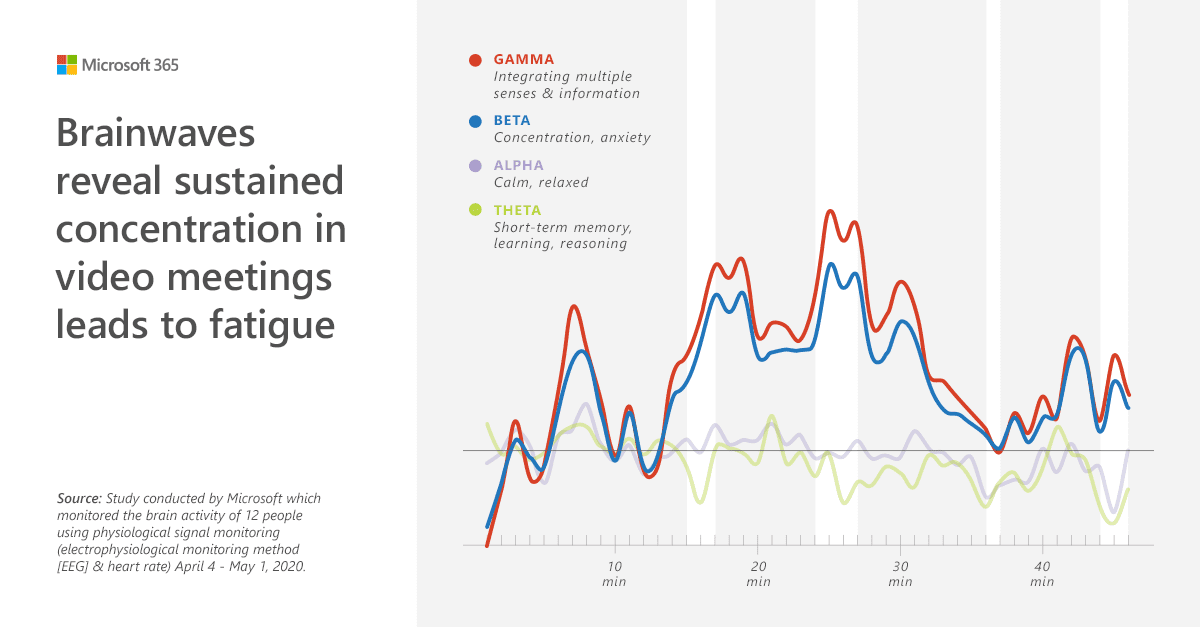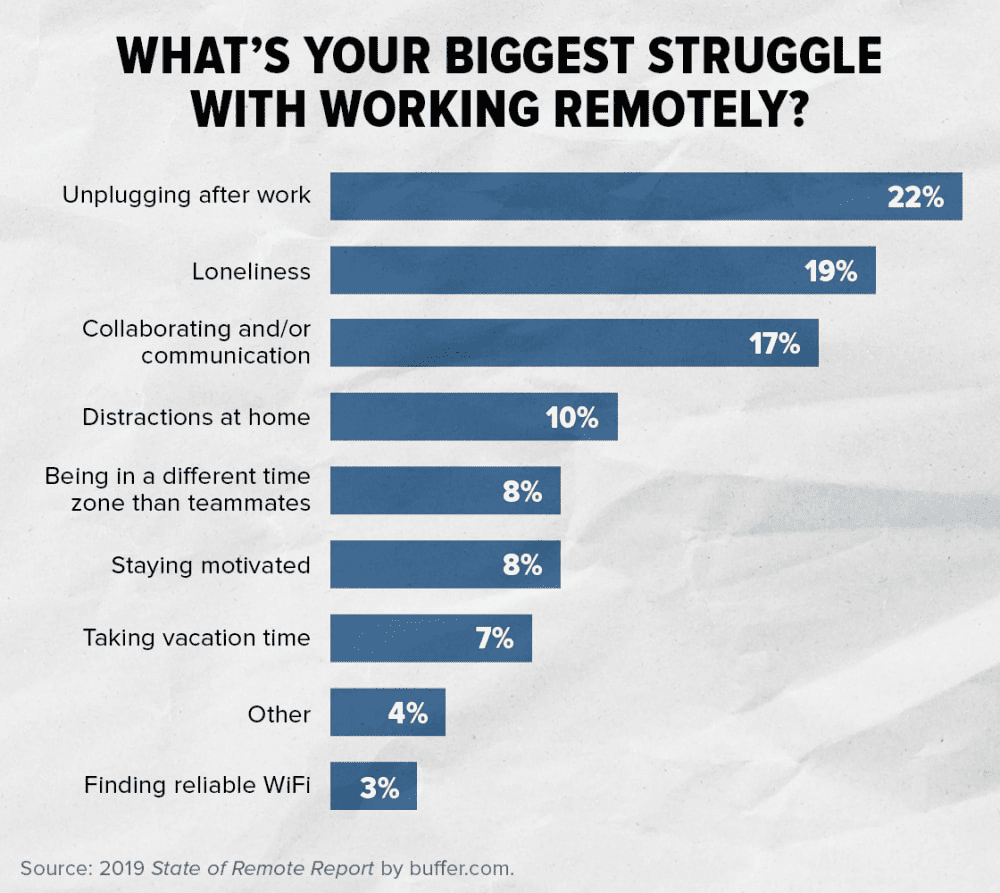Read the guest post from Grace Lau (Director of Growth Content at Dialpad) on what to ask when interviewing a remote candidate:
Remote working has become very popular thanks to the pandemic. In a survey, 97% of employees stated that they didn’t want to return to the office full-time.
It’s no surprise, then, that companies are choosing to hire some or all employees to work from home. It suits employees, and because they pay overhead costs, it is cheaper for the business.
It also gives companies access to a wider talent pool. With remote work, you are not limited to candidates only in your city. You can hire anyone in the country, or even in the world.
Yet, this has changed the hiring process altogether and the landscape of work in general. Some difficulties come with working from home, from both sides.
You can mitigate these difficulties by choosing the right candidate for the job. Make sure you have the right tools for the task at hand. Suppose you need a space for many interviewers/interviewees – you can use a free conference call service.
What are the specific questions that you need to ask candidates who will be working from home? Read on for seven examples.
How do you structure your day?
Asking candidates this question will help you to understand their dedication to the job.
It’s important to listen to how the candidates describe their workday. If they change tasks quickly, this may mean that they struggle with focus and a lack of variety.
Flexibility has become a key benefit of remote working in the pandemic. But, flexibility can often be a curse, as remote workers may struggle to remain focused.
Be alert to how the candidate explains their working style. You need to know whether it will fit in with the position available. Are you looking for speed or quality? Has the candidate satisfied you that they will be able to meet the requirements of the job?
Of course, there are ways to supercharge your remote team’s workflow, but these methods can only do so much.
The candidate’s answers will tell you a lot about their work ethic.

The above donut chart cements this fact. Remote workers favor the flexibility of working from home. But, on the other side of the coin, there are downsides to this flexibility as demonstrated above.
What are three key tools for your workday and why?
This is a way to look into how the candidate works every day. Are they organized and do they have a working system in place already? This will show which candidates are most equipped to deal with remote work.
It may even be something basic, like an app for notes, or a desk fan. This will help you to understand the candidate’s frame of mind and how they operate.
You need to know whether a candidate will have the right tools at their disposal.
This can also reveal what software the candidate is familiar with. Any crossover with software that the company uses will put the candidate in a good light. If the tools they currently use are also used at your company, this will save time and money.
For example, if the job involves answering telephone calls, via the use of a small business VoIP, then it may be beneficial if the candidate already has a headset and the software on their computer from a previous role.
This could even shed light on some useful tools for your business.
How often do you take breaks?
It may seem counterintuitive, but breaks are very important to employee productivity.
With remote work often taking place at home, the lines can blur when it comes to work and home life. This can encourage people to go longer without breaks.
Taking regular breaks helps people to process information and see the bigger picture. It will also help to prevent burnout and ensure that employees can stay working for longer.
Check with the candidate how often they would like to take breaks. You can discover if this fits in with your break policy.
Candidates with poor break habits would not make good choices for hiring. They may become overworked and neglect their mental health. Many people consider a commitment to work a good thing and want to avoid employee unproductivity. Yet, it can go too far.
It can also have very real effects on one’s anatomy.
The below graph, from a Microsoft study, reveals the real effect that sustained concentration without breaks can have on the brain.

What is your workspace like?
For remote workers, you need to know that they have a suitable place to work.
Do they have a dedicated workspace, or is their space repurposed from a dining room or living area? If the latter, how do they navigate this and work efficiently?
A traditional office needs to be fit for purpose. Managers need to take into account that a remote employee comes with their workspace.
Is the candidate’s desk suitable for everyday work? Is the space comfortable and pleasant? Can they concentrate in the area, with minimal noise? Are they able to access what they need, when they need it?
Any difficulties that the employee has with their workspace will be the manager’s problem once hired.
What are the biggest challenges that you encounter with remote work?
This question will open up discussion for what the candidate may struggle with.
Have they had issues when working out how to set up a video conference? How did they overcome this?
It will encourage the candidate to take ownership of the challenges that they face. Are they willing to admit the flaws of remote work?
A good response will be honest about the drawbacks of remote working. They will explain how they tackle the issues that they face. Watch out for candidates who respond by saying that they have no issues. There are always problems associated with different ways of working. The following graph details the main ones.

The hiring managers should focus on how these challenges can be overcome. Will the challenges have any effect on the work performed?
Asking which challenges candidates face is an important question that will help you to decide between potential employees.
Can you give me an example of when you communicated effectively?
Communication is very important when it comes to remote work. You can’t walk across the office to have a word with someone. So, candidates need to be able to follow instructions. They need to respond promptly and collaborate from afar.
How would companies function if they couldn’t reach their remote workers? You need to know that the candidate will be willing to be attentive and responsive.
The ability to create an understanding via text only is a skill. It’s essential for remote working and communication.
Whether you use email, message, or video conferencing, you’re never really there. There’s never that feeling of closeness that allows an unwritten understanding.
How they communicate during the hiring process will also speak volumes. There’s the old saying, “actions speak louder than words”. Consider how fast the candidate responds to you, and in what fashion.
What team collaboration software are you familiar with?
If candidates already know about the software used to communicate with teammates, or the video conferencing software, team management software, this will be useful. It will set them apart from the other candidates.
This will also help you to understand their computer literacy in general. It will reveal whether they are tech-savvy.
You can find out whether they’ll feel comfortable using video conferencing software. You might assume that everyone has used this software thanks to the pandemic. But, using video calls for work is another thing altogether. It requires a mix of professionalism, practicality, and concentration.
This may allow the candidate to draw on past experiences of remote work. They will be able to emphasize their work history. This may lead to them bringing up skills that you didn’t know about.
This will also lead to discussions of interpersonal skills. Does the person get on with others? Will they bring joy to the team, even from afar?
But – These Questions Won’t Reveal Everything
Remote working does need some targeted questions that will save time and money in the long run. Hopefully, these questions will help you hire better and faster.
You need to make sure you choose the right candidate, with the right attitude and tools at their disposal.
These questions will help to get a better idea of the candidate. Some unspoken cues can be more revealing. Always pay attention to these subtleties.
There are, of course, many general questions that you can still ask. The traditional questions will also help you find out more about the candidate.
Whatever questions you ask, there will always be something that you may have forgotten. Usually, the interview is more about the feel of the candidate. You need to know how they would get on with colleagues and their work in general.
Business is being overrun by automated processes, spreadsheets, and checklists. But, you need soft skills when it comes to hiring people.
Using your instincts and judging character in an unbiased but empathetic way can ultimately help you make the best business decision.
Grace Lau is the Director of Growth Content at Dialpad, an AI-powered cloud communication platform and VoIP phone system for better and easier team collaboration. She has over 10 years of experience in content writing and strategy. Currently, she is responsible for leading branded and editorial content strategies, partnering with SEO and Ops teams to build and nurture content. Here is her LinkedIn.


